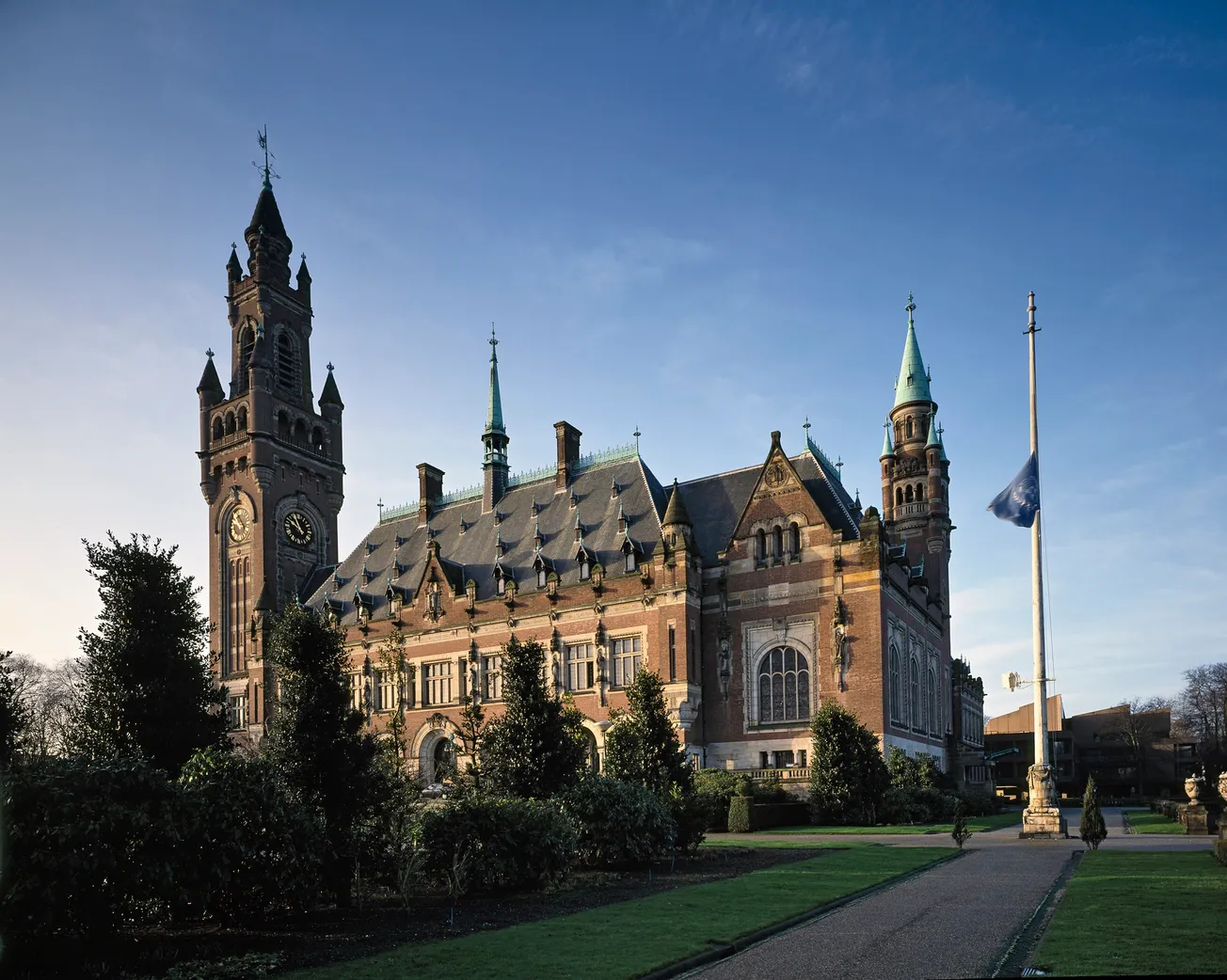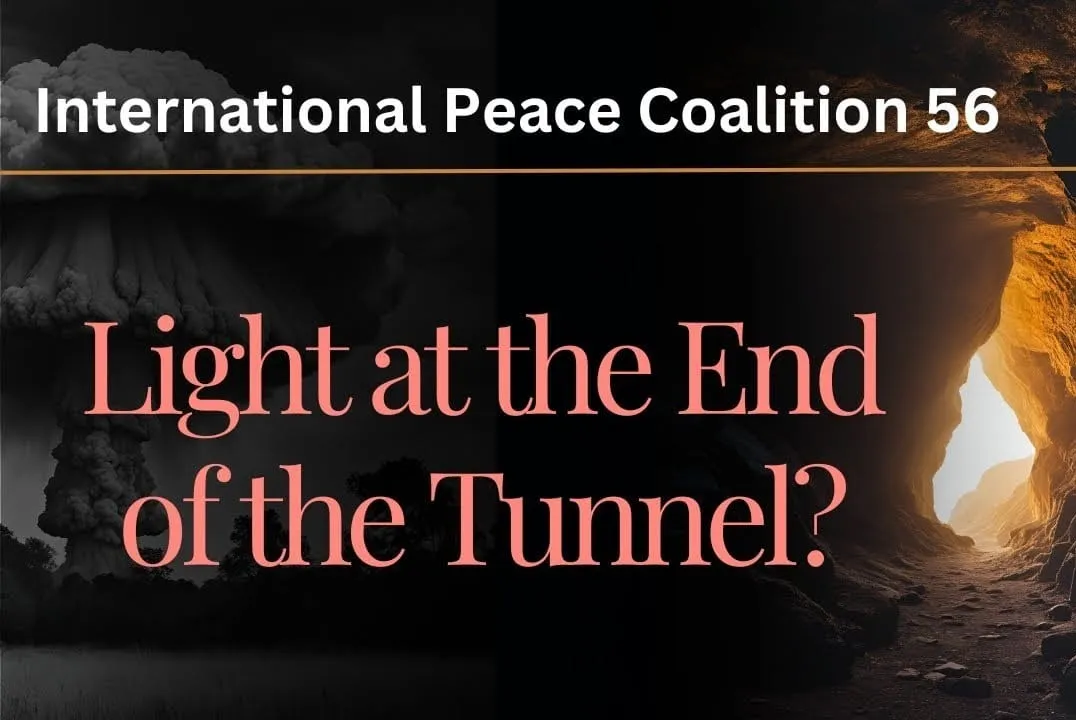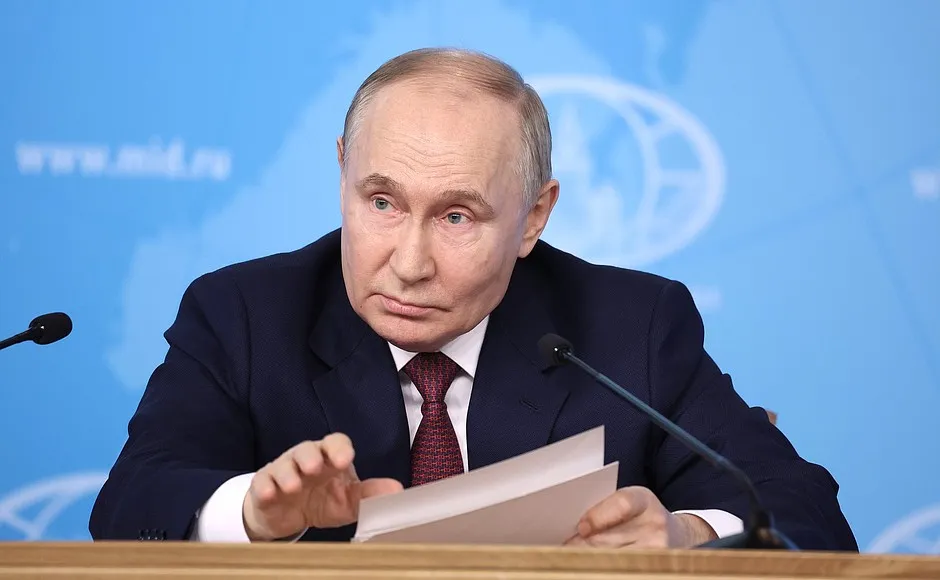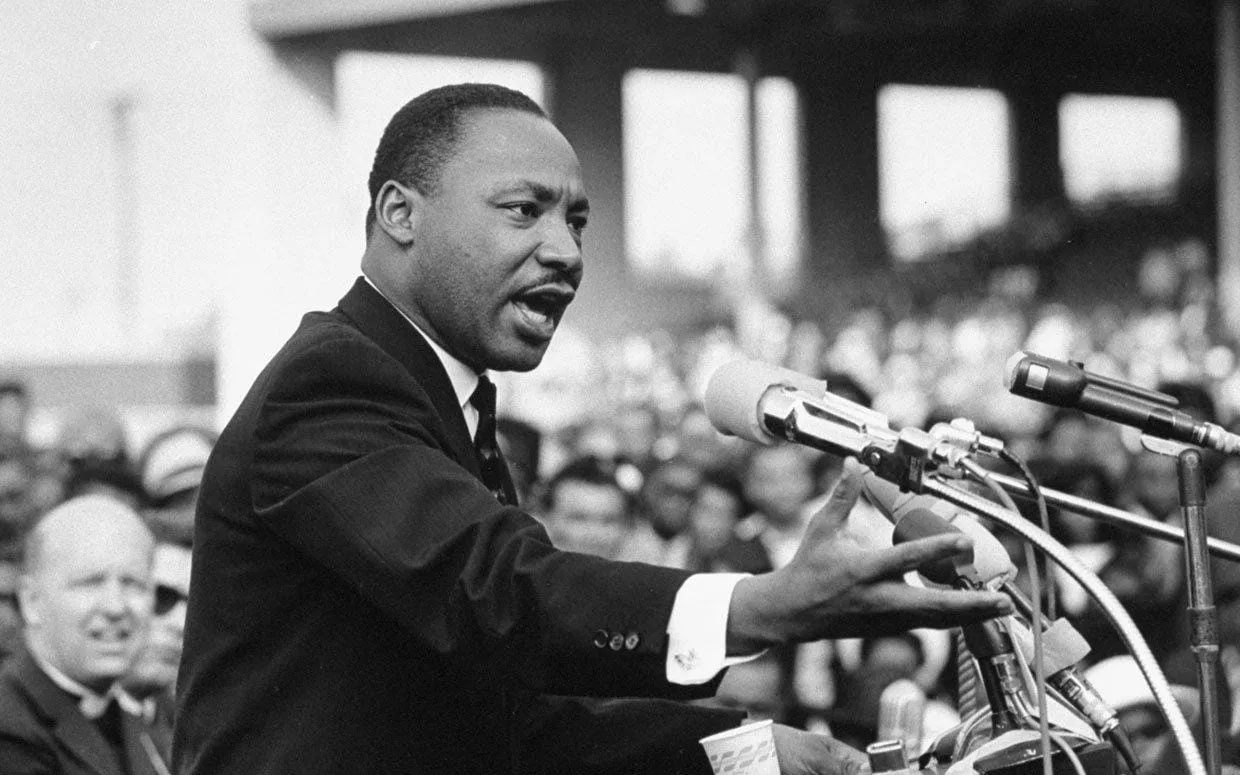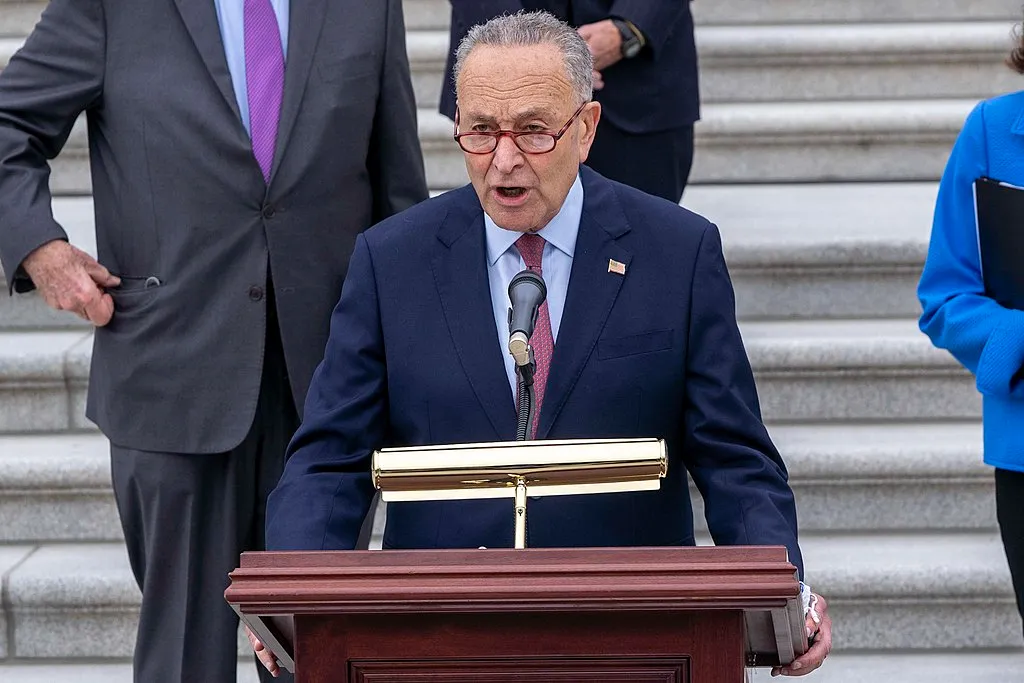The ICJ ruled for several provisional measures. Israel must take all necessary actions to prevent genocide in Gaza. This includes preventing the killing or injuring of Gazan innocents, the conditions calculated to wholly or partly destroy Gaza’s populace, and the conditions intended to prevent births among Gazans. They explicitly said that more recent palliative measures of modest aid were insufficient.
They passed seven “emergency measures” of the nine requested by Pretoria. Others included the ordering of Israel to punish members of its military who commit genocidal acts, as well as officials who publicly call for the genocide of the Palestinians. Israel must also preserve evidence of any genocidal acts already committed. The judges also ruled that Israel “shall take immediate and effective measures to address adverse conditions to life in the Gaza Strip.” They were further ordered to report back to the court in a month with an update on what it is doing to comply with these measures. There was no direct reference to SA’s call for Israel to “immediately suspend its military operations in and against Gaza.”
The Palestinian Foreign Ministry hailed Friday’s verdict as an “important reminder” that no state is above the law.
Al Jazeera TV interviewed South African Foreign Minister Naledi Pandor in response to the ICJ ruling. Pandor said she would of course have preferred that the word “cessation” be used (as in ceasefire), and that a ceasefire will be needed to implement the other measures, but that in no way will she state that she is not satisfied with the ruling. She thought it was very positive, including the fact that humanitarian aid must be provided and that Israel has to report within a month.
Stay tuned for more updates later in the day. While this ruling is not a comprehensive victory considering the dire circumstances on the ground for Palestinians, it is a major victory, and it opens the door for further steps toward justice and peace in the region.


